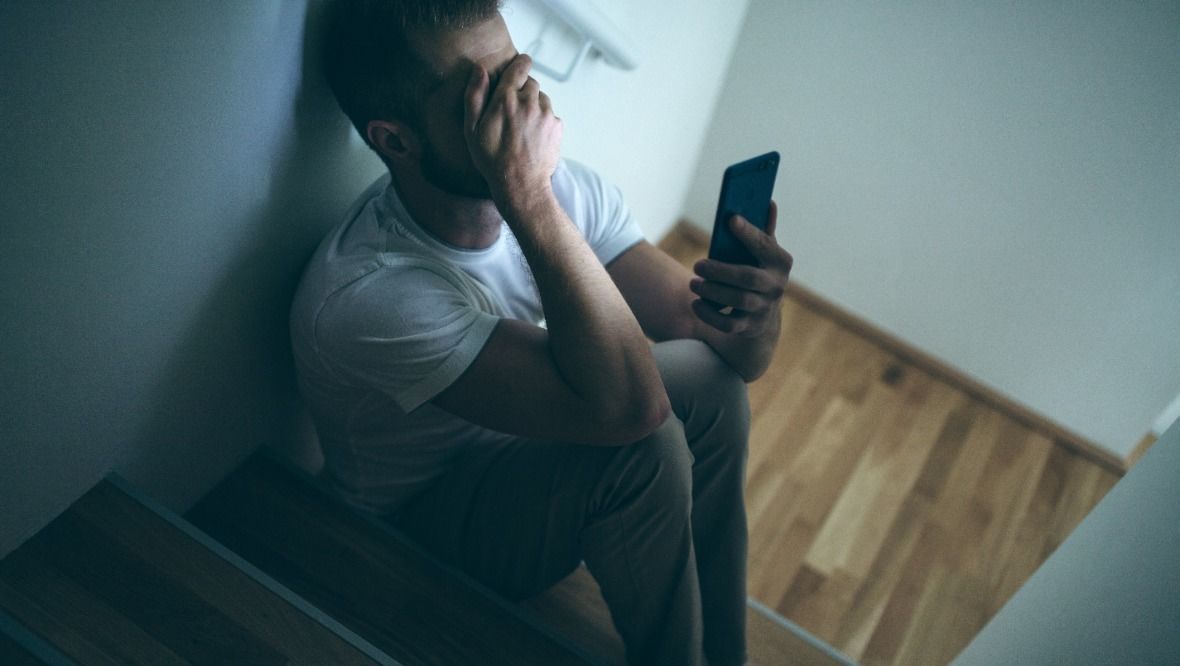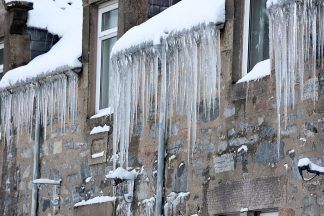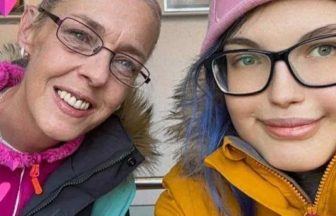Calls to an NHS helpline about psychosis symptoms increased by 100% in two years as Scottish Labour called for investment in mental health.
Figures from the NHS 24 Mental Health hub show that overall calls have declined, but calls about alcohol issues and psychosis increased.
Data obtained by Scottish Labour under freedom of information laws showed problems such as alcohol problems, poor sleep, psychotic symptoms, suicidal acts and suicidal thoughts increased.
Calls regarding alcohol problems have risen by more than 600 in two years with calls regarding psychotic symptoms more than doubling – by more than 5,000 – since 2021, when the reason for calling began to be recorded.
The statistics came after the Scottish Health Survey showed mental wellbeing is at a record low.
In 2021, a total of 1,282 calls related to alcohol, which increased by 47% in 2023, to 1,885 calls.
In the same year, the NHS hub received 5,112 calls about psychotic symptoms, which increased to 10,259 in 2023 – an increase of 101%.
Scottish Labour called for increased spending on mental health.
Scottish Labour mental health spokesperson Paul Sweeney said: “It is incredibly worrying to see calls to NHS mental health services regarding serious issues such as suicidal thoughts sky-rocketing.
“It is clear that mental health services are at breaking-point, with the safety of thousands of Scots now at risk.
“After years of broken SNP promises, mental health nurses and services are being left high and dry. This has to end.
“Scottish Labour will continue to call for better mental health services across the board, including a dedicated mental health worker in every GP surgery and an increase in the proportion of the health budget spent on mental health.”
Dr Jane Morris, chairwoman of the Royal College of Psychiatrists in Scotland, said: “This is a huge concern to us – particularly the rise in calls involving psychotic symptoms which are potentially related to the most severe mental disorders.
“These illnesses need to be treated effectively and without delay but sadly these are the very conditions where we’re seeing the worst manpower shortages. It is no wonder the lack of service provision is leading to an increase in symptoms reported.”
She called on the Scottish Government to boost spending for mental health.
Mental well-being minister Maree Todd said: “It is good that more people feel able to come forward and ask for help, and our increased investment in NHS 24 is helping ensure more calls can be responded to.
“We’re committed to improving mental health service provision in primary care settings and focus more on prevention and early intervention in the community, providing high-quality mental healthcare in general practice.
“More than £1.3 billion will support mental health services, with £290.2 million direct investment – more than double that in 2020/21 – enabling record numbers of staff to provide more varied support and services to a larger number of people than ever before.
“We are determined to do all we can to reduce alcohol and drug-related harm and continue to work closely with Alcohol and Drug Partnerships (ADPs) and the third sector to address this, backed by substantial investment through National Mission funding.”
Follow STV News on WhatsApp
Scan the QR code on your mobile device for all the latest news from around the country


 iStock
iStock


























